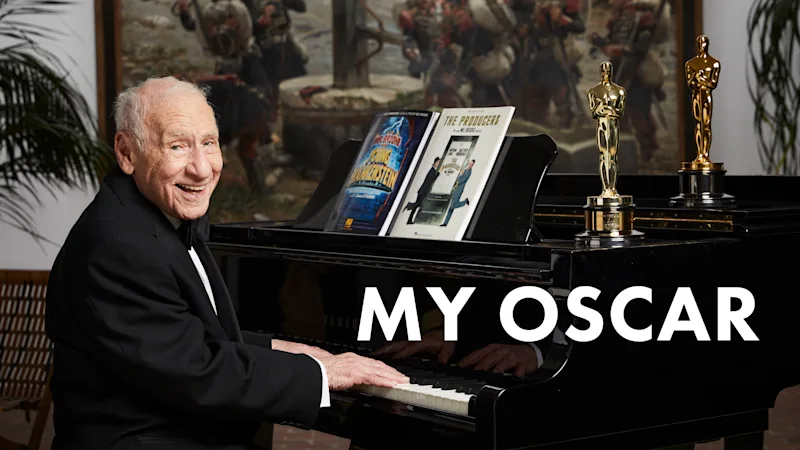

As told to A.frame
People say that you make your docs in the edit room, and that’s true in a lot of different ways. I think when you're making a scripted film, you make it three different times. You make it in pre-production (in the script development period), you make it when you shoot it and then you make it again when you edit it.
When you're making a scripted film, you have more tools at your disposal, more tricks. You can have more control of the frame and the spatial relations of your characters can help you tell the story.
In a doc, you can't always create those dynamics. That's very exciting, but there's also a price to that. It's a much slower process. You're always shaping it and reshaping it in your head as you go. I'm not a filmmaker who just wants to shoot forever and then find the story. I have a point of view, but I'm always open to being influenced by what is unfolding before me.
I think it's the combination of that focus and intentional nature with an openness to change that makes for the best films.
When I think about what I want to make a doc about, it's about character and how that character translates on screen. Do you want to watch them for 90 minutes? And it's also about narrative arc. Is there an arc there? Does the story have a beginning, middle and end? Because I feel docs need those too.
I want to know that there is going to be some event or some change which we can kind of hang our hats on as a narrative spine. I've made films about girls in juvenile detention. You know they're going to get out and go home—or not. Those are tensions in the story that you want to follow. I do want characters to go through change because I think that's how we learn about them.

I don't see a need to separate them into different categories. I definitely have colleagues who feel like, "Oh, there shouldn't be those scripted elements in docs," that that detracts from them. I don't subscribe to that school. I feel like whatever helps tell the best story, the true story, are the best techniques to employ. So I'm not a purist in that sense.
In making documentary films, you interfere with reality in so many different ways, by choosing what you shoot, what you don't shoot, how you edit, what you leave in, what you leave out, that to be pure about it is just not a consistent theory for me.
But I think that, at the end of the day, there is a compass which guides you. That doesn't mean you include every fact, because then it becomes Wikipedia. But you do have a moral compass to be truthful. I would say that if you're using scripted elements in a doc, those should be in service of that truth.
You can feel if you're engaging people emotionally and carrying them along or if you're just in exposition hell. It really comes down to that feeling, and hopefully you can elegantly interweave the information the viewer needs to know with that narrative thrust.

I think that the story of these women who were murdered [in Lost Girls] had been told in different ways over time. It's an important story. It needs to be kept being told. But it was always told as this murder mystery or procedural. And in fact, what was lost was the humanity of the women and their families. And Bob Kolker's book, Lost Girls, goes into forensic detail about what brought them to that day, where they went missing. I was inspired by that, by breathing life back into those stories. It's a story of women and women being heard and women being believed. And I just thought it was a necessary side of the story that hadn't been told.
Reporting by Nadine Zylberberg



